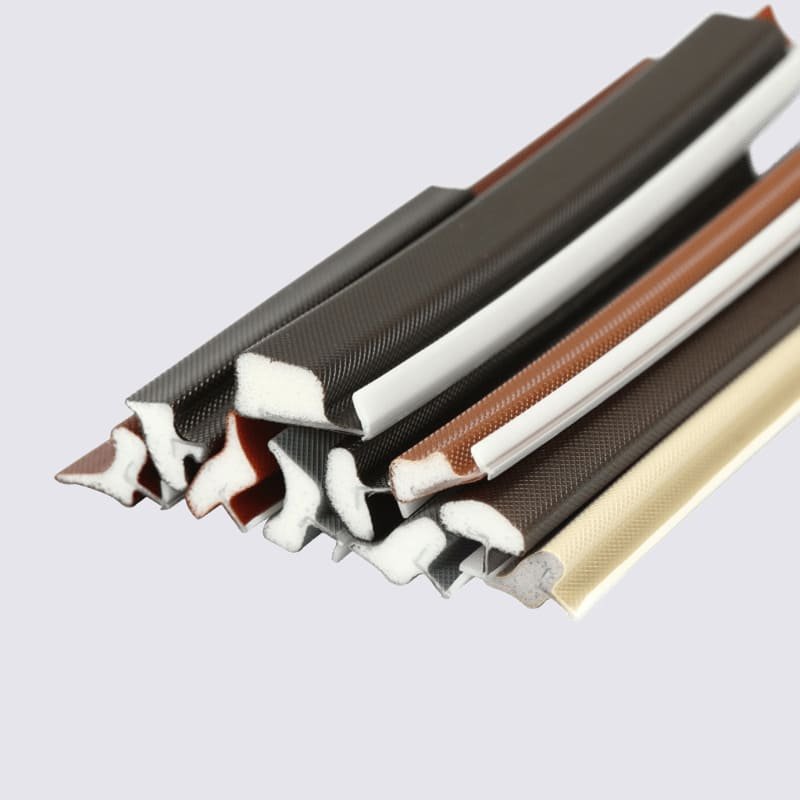Silicone seal strips are an effective solution for sealing gaps and joints in a wide range of applications. Made from high-quality silicone rubber, these seal strips offer durability, flexibility and resistance to extreme temperatures.
Additionally, silicone seal strips are an essential component in many industries, including construction, automotive, and aerospace. These strips provide a reliable seal between two surfaces, preventing the intrusion of air, water, or other contaminants. In this article, we’ll take a closer look at silicone seal strips, their benefits. And why China has become a leading producer of these critical components.
What Is A Silicone Seal Strip?
A silicone seal strip is a flexible, solid strip of silicone material that is designed to provide a reliable seal between two surfaces. These strips are commonly used in applications where air, water, or other contaminants need to be kept out, such as doors, windows, and other openings.
Silicone seal strips are typically made from high-quality silicone materials that are resistant to heat, cold, UV rays, and other environmental factors. They are also highly flexible, which allows them to conform to irregular surfaces and provide a tight seal.
- Are available in various cross-sectional shapes like rectangular, V-shaped or bulb seals.
- Come in a range of hardness levels from soft to extra-firm.
- Are manufactured in different colors for easy identification.
- Can be customized or produced to required dimensions and specifications.
- Typically install by pressing or inserting them into channels, grooves or slots.
China’s Role in Silicone Seal Strip Production
China has become a leading producer of silicone seal strips, thanks to its advanced manufacturing capabilities and low labor costs. Many Chinese companies specialize in producing high-quality silicone seal strips for export to markets around the world.
China seal strip manufacturers have invested heavily in research and development, allowing them to produce silicone seal strips that meet the highest quality standards. They have also implemented advanced production processes, including automated cutting and packaging, which allows them to produce large quantities of seal strips quickly and efficiently.




